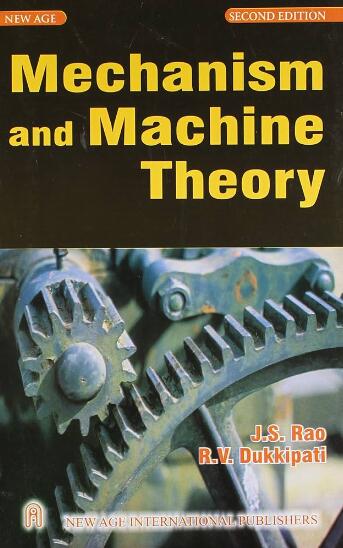用于估计鲁格莱摩擦模型参数的新迭代识别算法
IF 4.5
1区 工程技术
Q1 ENGINEERING, MECHANICAL
引用次数: 0
摘要
像 LuGre 模型这样的动态摩擦模型的参数通常是通过计算密集型非线性优化方法确定的。本文提出了另一种基于最小二乘法的迭代算法,可同时从有限的测量集合中识别 LuGre 模型参数和惯性特性。以两种形式表示的 LuGre 模型允许独立识别静态和动态参数。此外,由于该方法使用的是响应-输入时间-历史,而不是大量的恒速实验(CVE),因此惯性参数和摩擦参数都可以通过更少的实验(理论上只需一次)来识别。算法中嵌入了一种名为 SR3 的非线性动力学稀疏识别方法的变体,以捕捉摩擦模型中的非线性粘性摩擦和 Stribeck 效应。将该算法应用于工业机器人关节的结果表明,算法收敛速度很快,识别出的模型能准确预测关节在各种速度下的动态。将识别模式得出的摩擦-速度曲线与传统 CVE 得出的摩擦-速度曲线进行比较,以确认识别模式的准确性。本文章由计算机程序翻译,如有差异,请以英文原文为准。
A new iterative identification algorithm for estimating the LuGre friction model parameters
The parameters of dynamic friction models like the LuGre model are commonly identified by computationally intensive nonlinear optimization methods. In this paper, an alternative least-square-based iterative algorithm is proposed to simultaneously identify the LuGre model parameters and the inertial properties from a limited set of measurements. The LuGre model, expressed in two forms allowed independent identification of the static and dynamic parameters. Moreover, since the method uses response-input time–history instead of numerous constant velocity experiments (CVEs), both the inertial and friction parameters can be identified in much fewer experiments (theoretically one). A variant of the Sparse Identification of Nonlinear Dynamics method called SR3 is embedded in the algorithm to capture the nonlinear viscous friction and Stribeck effects in the friction model. Application of the algorithm to an industrial robot joint shows that the convergence of the algorithm is fast and the identified model is accurate in predicting the joint’s dynamics in a wide range of velocities. The friction-velocity curves resulting from the identified model are compared to those obtained by traditional CVEs to confirm the accuracy of the identified model.
求助全文
通过发布文献求助,成功后即可免费获取论文全文。
去求助
来源期刊

Mechanism and Machine Theory
工程技术-工程:机械
CiteScore
9.90
自引率
23.10%
发文量
450
审稿时长
20 days
期刊介绍:
Mechanism and Machine Theory provides a medium of communication between engineers and scientists engaged in research and development within the fields of knowledge embraced by IFToMM, the International Federation for the Promotion of Mechanism and Machine Science, therefore affiliated with IFToMM as its official research journal.
The main topics are:
Design Theory and Methodology;
Haptics and Human-Machine-Interfaces;
Robotics, Mechatronics and Micro-Machines;
Mechanisms, Mechanical Transmissions and Machines;
Kinematics, Dynamics, and Control of Mechanical Systems;
Applications to Bioengineering and Molecular Chemistry
 求助内容:
求助内容: 应助结果提醒方式:
应助结果提醒方式:


